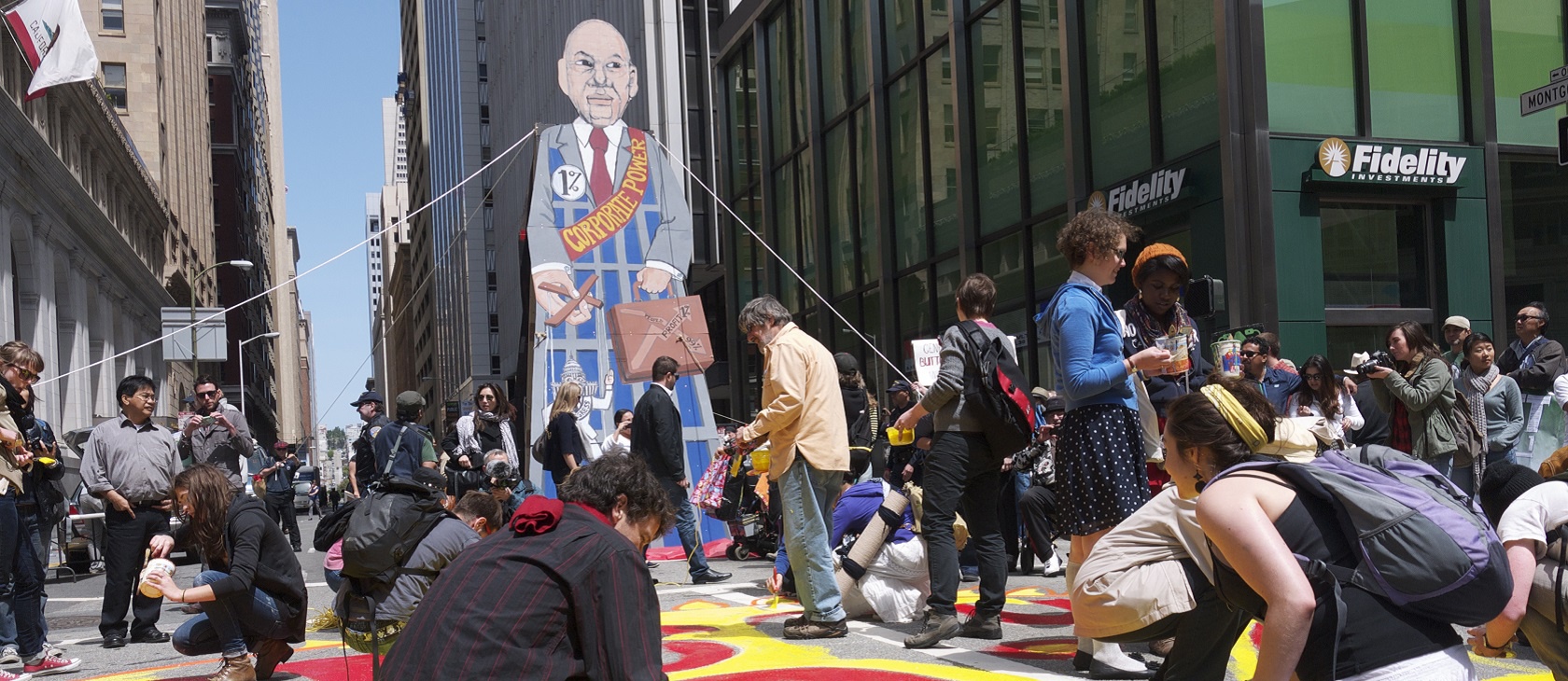The political and social crises of our times are rooted in moral and spiritual malaise.
Writing in 2013, Moisés Naím, formerly executive director of the World Bank and currently at the Carnegie Endowment for International Peace, decried the increasing impotency of elites to lead in a fractured and fractious global public square. Naím’s concerns were voiced before the most recent surge in populist movements around the world, from Brexit to Trump’s victory in America.
As Naím put it, “Insurgents, fringe political parties, innovative startups, hackers, loosely organized activists, upstart citizen media, leaderless young people in city squares, and charismatic individuals who seem to have ‘come from nowhere’ are shaking up the old order.” In one sense, Naím’s observations were prescient and foreshadowed the localist, nationalist and populist strains of the last year or so. But in another sense, Naím’s analysis is only half the story. What Naím laments is the resulting “end of power,” as the title of his book casts it, in which political, educational and bureaucratic elites no longer are able to exercise the influence and leadership necessary to good governance in a complex and complicated world. At the same time that in Naím’s account power seems to be flowing downward, to “micropowers,” as he calls them, a corresponding shift is occurring that continues to concentrate power upward, in so-called “megapowers.”
This is the central dynamic of inequality: it isn’t just that the elites have more and more power while the rest of us are increasingly powerless. Instead, the perceived impotence of the majority holds within itself a latent power to call forth a new leader, a new guard, a new order to protect and promote its interests. This is why populist movements, which rely so much on majoritarian social support, are so often connected with particular figureheads and strongmen. The leader and the masses go together.
What is really left behind in such a scenario isn’t the dynamic of elites and those they lead. The power is still there, but the relationship of leader to those led changes. In times of extreme inequality, power flows upward and downward, to the elites and simultaneously to the lower classes. At the same time, power is evacuated from the middle. There will always be an aristocracy and plebs of some sort or another. What is tenuous and historically contingent is the middle class and the values, virtues and social order it represents.
As power flows out from the middle in both directions, the basic features of a free and virtuous society are lost. The foundations of civil society wither. The sustaining virtues of a flourishing society become scarce. In a hyperstylized celebrity culture and hyperpartisan political community, the quiet practices of fidelity, prudence and thrift are drowned out by bling and #winning.
The challenges we face today are not primarily political or policy-related. The political and social crises of our times are rooted in moral and spiritual malaise. And it is on resources in these realms that we must find our aid. Let us hope that we still have eyes to see them and ears to hear them.




